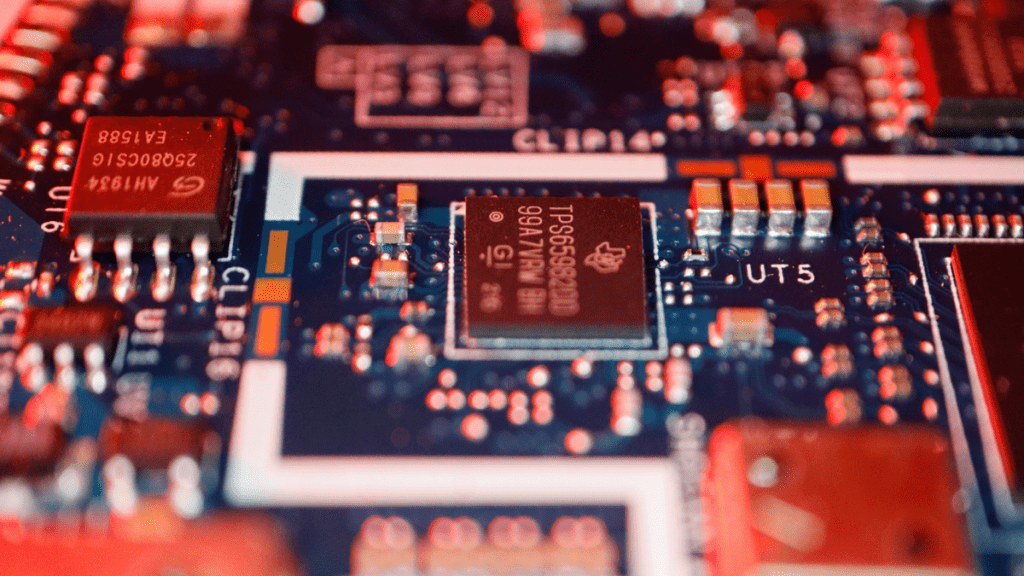 source: Reuters
source: Reuters The Netherlands has announced new export restrictions on advanced semiconductor equipment, following increased pressure from the United States to limit China’s access to crucial tools for making AI chips.
- Starting September 1st, the Dutch government will require companies to obtain a license to export specific advanced semiconductor manufacturing equipment abroad.
- The law focuses on specific technologies related to the development and manufacture of advanced semiconductors with potential military applications.
On Friday, June 30th, The Netherlands announced its new export restrictions on advanced semiconductor equipment. This comes as the US intensifies the pressure to cut off China’s access to key tools for making AI chips.
As of September 1st, the Dutch government will require companies to apply for a license to export certain advanced semiconductor manufacturing equipment overseas.
The US has been making headlines in this arena since last October when it introduced rules cutting off exports of crucial AI chips and semiconductor tools to China, with the clear intentions of impeding the East Asian country’s efforts to enhance its domestic tech sector. To make matters clear, the US has been pressuring allies and significant players in the semiconductor sector to follow suit, including Japan and The Netherlands.
ASML, one of the world’s most important semiconductor companies, resides in The Netherlands. It is responsible for the production of certain machinery required to produce advanced chips: immersion deep ultraviolet (DUV) lithography machines used for manufacturing memory chips, and extreme ultraviolet (EUV) lithography machines used for more advanced chips. Major chip manufacturers worldwide use these machines, such as Taiwan Semiconductor Manufacturing Co. (TSMC).
It is worth noting that the law does not target a specific country or a specific company. The Dutch government said the rules apply to a “number of very specific technologies for the development and manufacture of advanced semiconductors,” that have military application potential.
Under the new law, however, ASML will need to acquire a license to continue exporting its most advanced technology, such as TWINSCAN NXT:2000i. This situation adds more hoops through which companies need to jump through to continue conducting business as usual.
Still, Dutch Trade Minister Liesje Schreinemacher said in a statement, “We’ve taken this step on national security grounds. It’s good for the companies that will be impacted to know what they can expect. This will give them the time they need to adapt to the new rules.”
In response to the Dutch government’s announcement, the Chinese Embassy in the Netherlands has criticized the move, calling it “an abuse of export control measures” that disrupts free trade and international trade rules.
In its statement, the embassy calls on “the Dutch side to bear in mind the larger interest of safeguarding international trade rules and bilateral economic and trade cooperation, immediately correct its wrongdoings.” The embassy also expressed its willingness to work with the Netherlands to address the issue and “promote the healthy development of Sino-Dutch economic and trade relations.”
Inside Telecom provides you with an extensive list of content covering all aspects of the tech industry. Keep an eye on our Tech sections to stay informed and up-to-date with our daily articles.